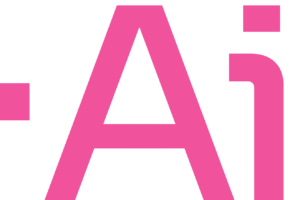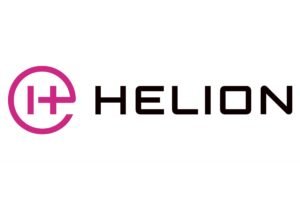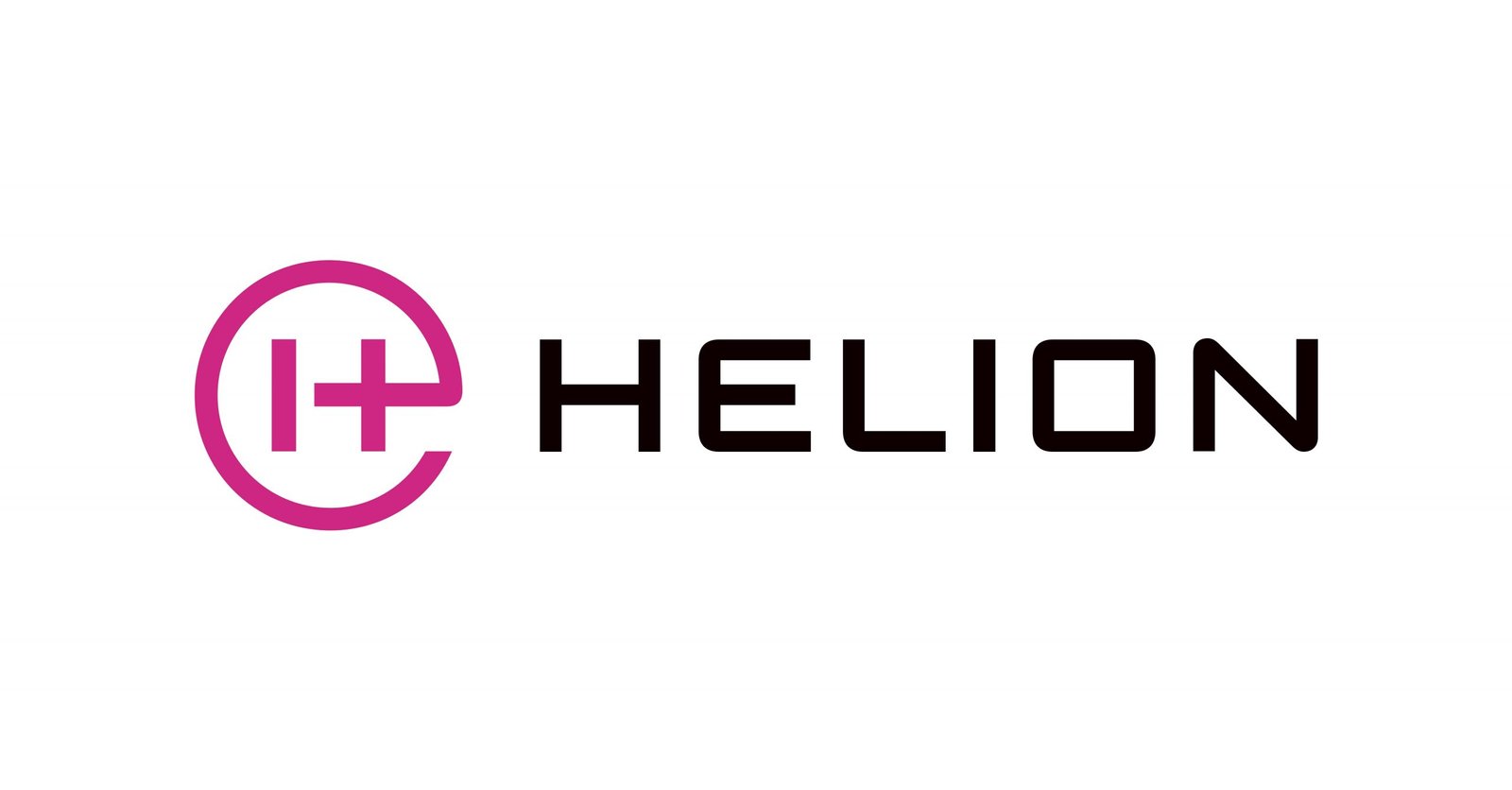When Seattle-based healthcare provider NorthCare implemented an AI system to help prioritize patient appointments, they didn’t anticipate the backlash. The algorithm, designed to optimize clinic efficiency, was inadvertently prioritizing patients from certain zip codes while creating longer wait times for others—including areas with historically underserved populations.
“We had the best intentions,” explains Dr. Sarah Johnson, NorthCare’s Chief Medical Officer. “But we didn’t adequately test for bias in our training data. It was a wake-up call about the ethical implications of AI systems, even when they’re designed to help.”
NorthCare’s experience highlights a critical challenge facing Northwest business leaders: how to harness the transformative potential of AI while navigating complex ethical considerations and an evolving regulatory landscape.
The Ethical Landscape: More Complex Than You Think
The ethical considerations surrounding AI extend far beyond headline-grabbing concerns about job displacement or science fiction scenarios of machines taking over. For business leaders, the most pressing ethical challenges involve fairness, transparency, privacy, and accountability.
“Many executives still think of AI ethics as a theoretical concern,” says Professor Maria Rodriguez, who leads the Technology Ethics Program at the University of Washington. “But these are practical, business-critical issues that affect everything from customer trust to regulatory compliance to employee morale.”
Recent research indicates that 71% of consumers say they would stop doing business with a company if they discovered its AI systems were making decisions they considered unethical or biased. Meanwhile, 68% of employees report they would consider leaving their job if they believed their company was using AI in ways that contradicted their personal values.
For Northwest businesses, the stakes are particularly high. The region’s reputation for progressive values and technological innovation creates heightened expectations for ethical leadership in AI implementation.
The Regulatory Framework: Current and Emerging
The regulatory landscape for AI is evolving rapidly, with significant implications for Northwest businesses:
Federal Developments
While comprehensive federal AI regulation is still developing, several agencies have issued guidance that effectively functions as regulatory frameworks:
- The Equal Employment Opportunity Commission (EEOC) has issued guidance on AI use in hiring and promotion decisions
- The Federal Trade Commission (FTC) has signaled it will use existing authority to address unfair or deceptive AI practices
- The National Institute of Standards and Technology (NIST) has published an AI Risk Management Framework that is becoming a de facto standard
“Federal regulation is coming,” predicts Lisa Chen, a technology policy expert at Seattle-based law firm Evergreen Legal. “The question isn’t if, but when and how extensive it will be. Smart companies are preparing now by implementing robust governance frameworks.”
State-Level Activity
Washington and Oregon have both introduced AI-related legislation, with Washington’s SB 5838 requiring impact assessments for high-risk AI systems used by state agencies. Similar requirements for private sector AI use are likely to follow.
California’s approach to AI regulation is also worth watching, as it often sets trends that other states, including those in the Northwest, eventually follow.
International Influence
The EU AI Act has emerged as a significant influence on global AI governance, introducing:
- Risk-based categorization of AI systems
- Stringent requirements for high-risk applications
- Emphasis on ethical AI principles and human oversight
“Even if your business operates solely in the Northwest, you need to be aware of international regulations,” advises Chen. “The EU AI Act is creating a de facto global standard, similar to what GDPR did for data privacy.”
Northwest Perspectives: Regional Approaches to AI Ethics
Northwest companies are developing distinctive approaches to AI ethics that reflect the region’s values and business culture:
Microsoft’s Responsible AI Framework
Redmond-based Microsoft has been a leader in developing comprehensive AI ethics frameworks. Their approach includes:
- Clear principles guiding AI development and use
- Technical requirements for AI systems
- Review processes for high-risk applications
- Transparency in documentation and communication
“Our framework isn’t just about compliance,” explains Brian Marble, who leads Microsoft’s government AI solutions team. “It’s about building AI systems that earn trust and create sustainable value.”
Portland’s Community-Centered Approach
Portland has taken a community-centered approach to AI ethics, with the city council passing a resolution requiring community input on public-facing AI systems.
“Portland’s approach recognizes that AI ethics isn’t just about technical safeguards,” says community advocate Teresa Ramirez. “It’s about ensuring that AI systems reflect community values and priorities.”
Risk Assessment: A Practical Framework
For Northwest organizations implementing AI, a structured risk assessment process is essential. Experts recommend a framework that addresses:
1. Identify Potential Harms
Begin by identifying the specific ways your AI system could potentially cause harm, including:
- Bias and discrimination
- Privacy violations
- Safety risks
- Economic harms
- Psychological impacts
“The key is to be specific,” advises Dr. James Wilson of the AI Business Institute. “Don’t just ask ‘Could this be biased?’ Ask ‘How specifically might this system disadvantage particular groups?’”
2. Evaluate Likelihood and Impact
For each potential harm, assess:
- How likely is this to occur?
- What would the impact be if it did?
- Who would be affected?
“This step often reveals that different stakeholders face different risks,” notes Wilson. “A system might pose minimal risk to your business while creating significant risks for certain customer groups.”
3. Develop Mitigation Strategies
Based on your risk assessment, develop specific strategies to mitigate identified risks:
- Technical safeguards (e.g., bias detection algorithms)
- Process controls (e.g., human review of high-stakes decisions)
- Governance mechanisms (e.g., ethics review boards)
- Transparency measures (e.g., clear communication about how AI is used)
4. Implement Monitoring Systems
Establish ongoing monitoring to detect and address issues:
- Regular audits of AI system outputs
- Feedback mechanisms for affected stakeholders
- Performance metrics that include ethical considerations
- Incident response protocols
“Monitoring isn’t a one-time activity,” emphasizes Chen. “It’s an ongoing process that should evolve as your AI systems and their applications change.”
Building Public Trust: Transparency Strategies
Northwest companies that have successfully navigated AI ethics challenges share a common approach: transparency.
“Transparency doesn’t mean revealing proprietary algorithms,” explains Rodriguez. “It means being clear about how and why you’re using AI, what data you’re using, and what safeguards you have in place.”
Effective transparency strategies include:
- Clear communication about when and how AI is being used
- Explanation of the benefits AI provides to customers and other stakeholders
- Description of safeguards and oversight mechanisms
- Channels for feedback and concerns
“When we redesigned our AI system after the initial problems, we involved community representatives in the process,” says Dr. Johnson of NorthCare. “That transparency not only helped us build a better system—it also rebuilt trust with our patients.”
The Path Forward: Balancing Innovation and Responsibility
For Northwest business leaders, the challenge is clear: how to harness the transformative potential of AI while ensuring it’s used responsibly.
“This isn’t about choosing between innovation and ethics,” argues Rodriguez. “The most innovative companies are often those with the strongest ethical frameworks, because those frameworks enable them to build AI systems that create sustainable value.”
Successful approaches share several key elements:
- Clear ethical principles that guide AI development and use
- Robust governance structures with appropriate oversight
- Diverse teams that bring multiple perspectives to AI development
- Ongoing engagement with affected stakeholders
- Willingness to make difficult tradeoffs when necessary
As Chen puts it: “The companies that will lead in the AI era aren’t those that move fastest without regard for consequences. They’re those that move thoughtfully, with a clear understanding of both the opportunities and the risks.”
For Northwest business leaders navigating this complex landscape, the message is clear: AI ethics isn’t just about avoiding harm—it’s about building AI systems that reflect your organization’s values and create sustainable value for all stakeholders.














